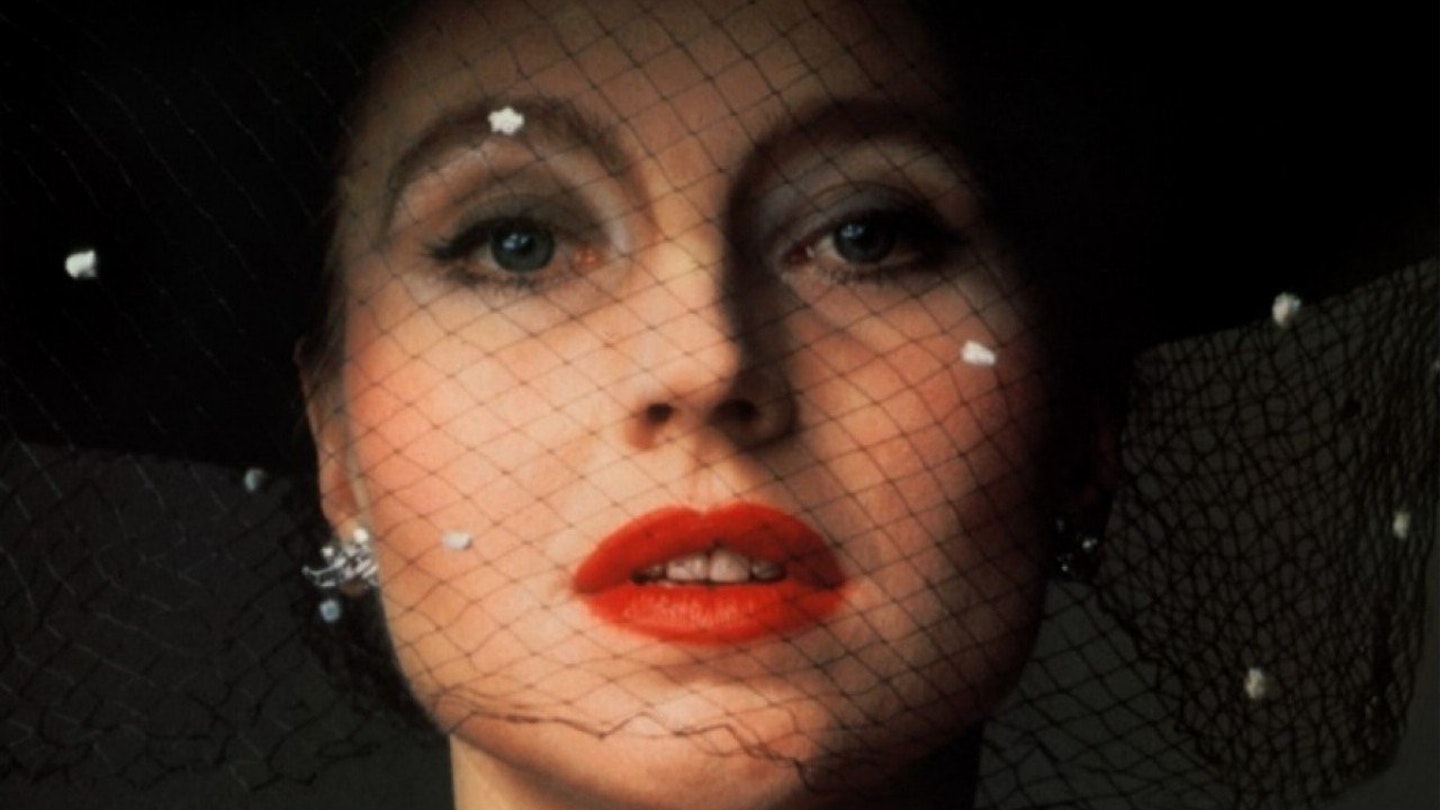This is the first part in a trilogy of films about women surviving the tribulations of West German life under the postwar leadership of Konrad Adenauer. Rainer Werner Fassbinder originally conceived the project for Romy Schneider in the mid-1970s, but, as in the film itself, delays took the gloss off this dream pairing and Fassbinder cast Hanna Schygulla, who only accepted the role on the proviso that Maria Braun was less docile and exploited than her character in their previous collaboration, Effi Briest (1974).
The picture proved to be Fassbinder's last with cinematographer Michael Ballhaus and the imagery is nowhere near as complex as in their earlier teamings. However, the new screenwriting combination of Peter Märthesheimer and Pia Fröhlich - who would also script Lola and Veronica Voss - gave Fassbinder a new thematic impetus that enabled him to subvert the dramatic emphases placed in Hollywood woman's pictures by the likes of his frequent inspiration Douglas Sirk.
Despite her many mistakes, Maria is an unusually sympathetic Fassbinder character. But he avoided easy empathy by having Schygulla play her with such a lack of emotion that we are forced to examine her circumstances to gain an understanding of her actions. Thus, we see the often overlooked impact of the war on ordinary civilians, the false promises made by their American liberators and the struggle to recover a sense of self-worth during the so-called economic miracle. Hence, we realise that the idyllic marriage to which Maria pins her hopes is as much an illusion as that of her friend, Betti.
It's ironic that the workaholic Maria so closely resembles Fassbinder himself, even though his headlong existence couldn't have contrasted more with her constant postponement of real life. Indeed, they even share an ambiguous early death. The screenplay had Maria killing herself and Hermann in a car crash. But, Fassbinder left us to wonder whether the gas explosion was an accident or a suicide prompted by the contents of Oswald's will.
